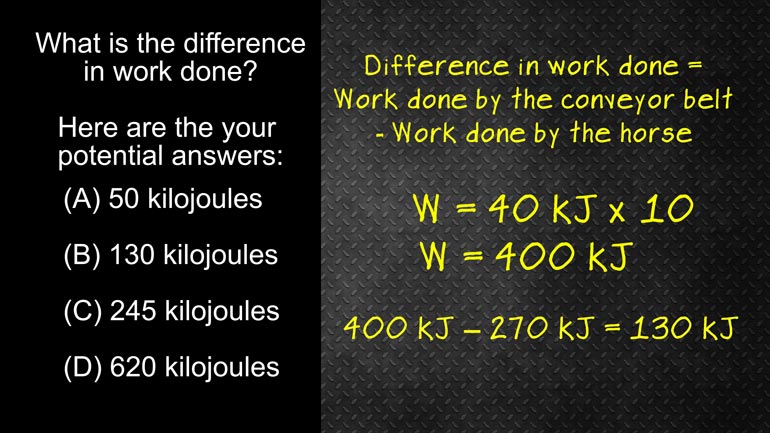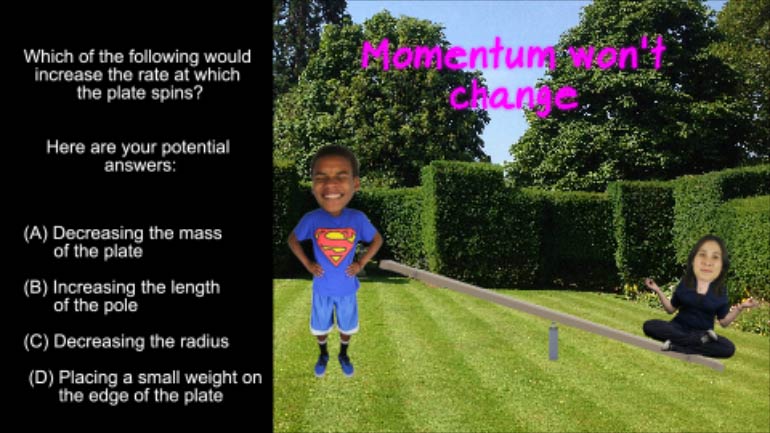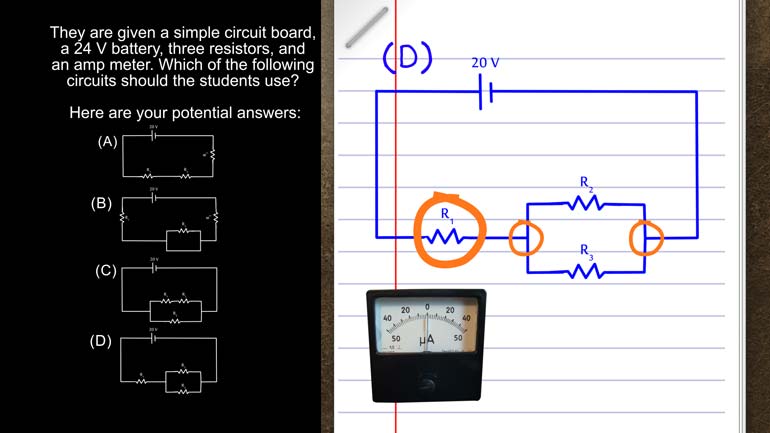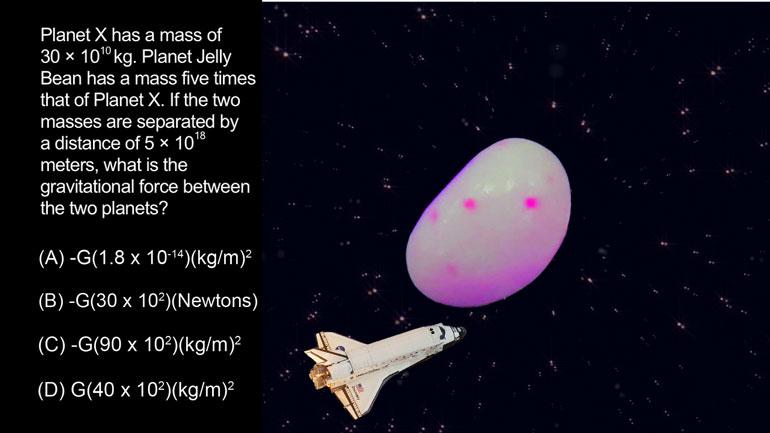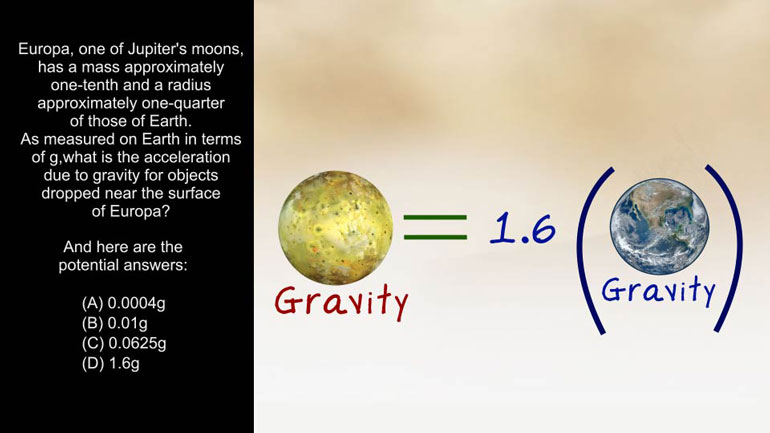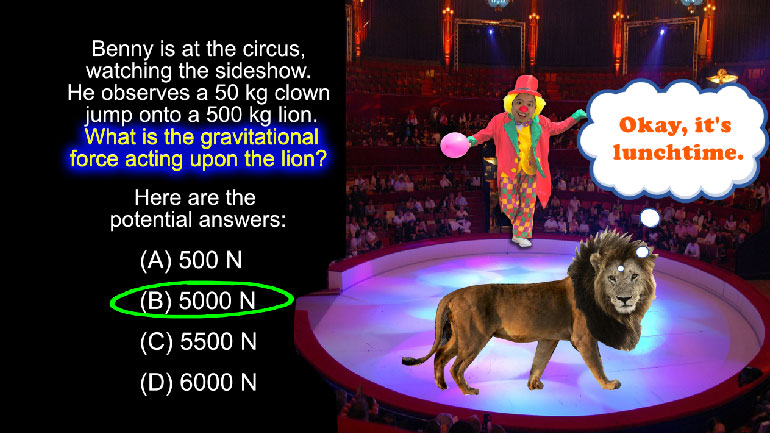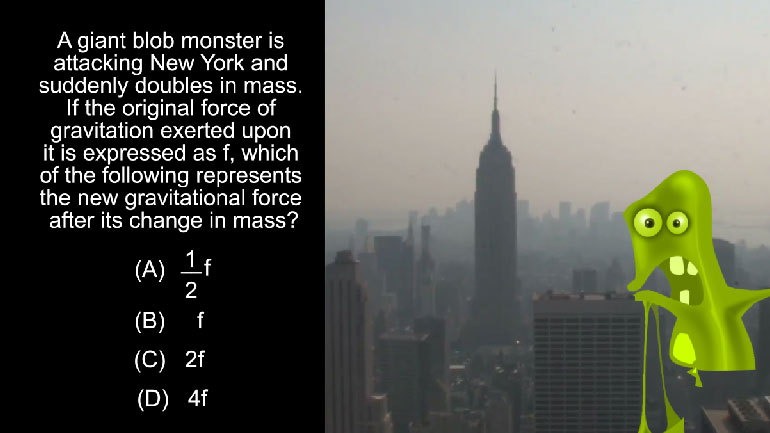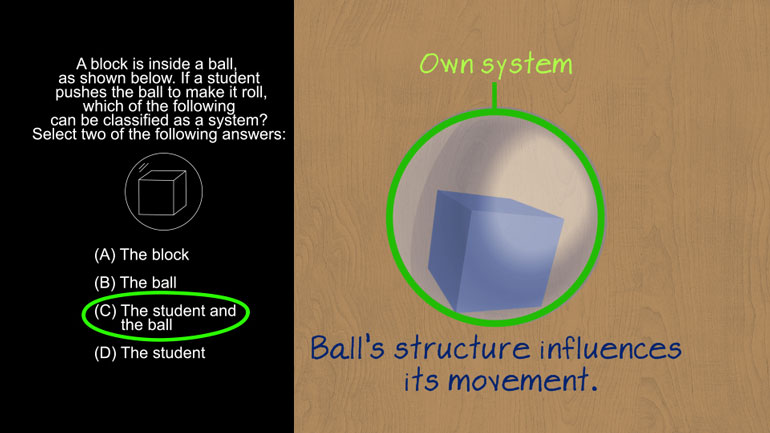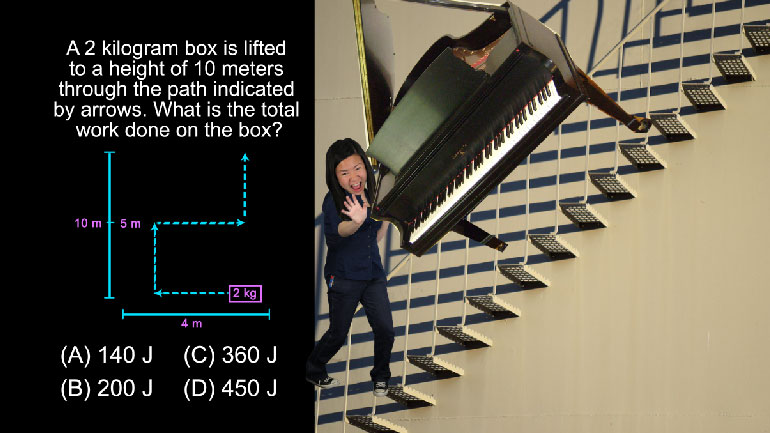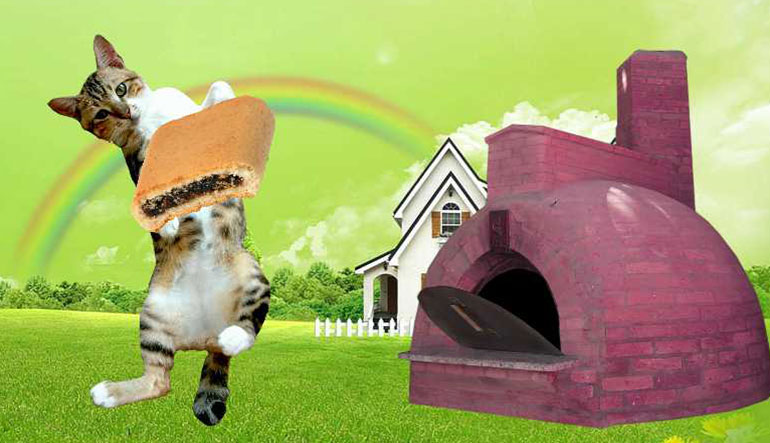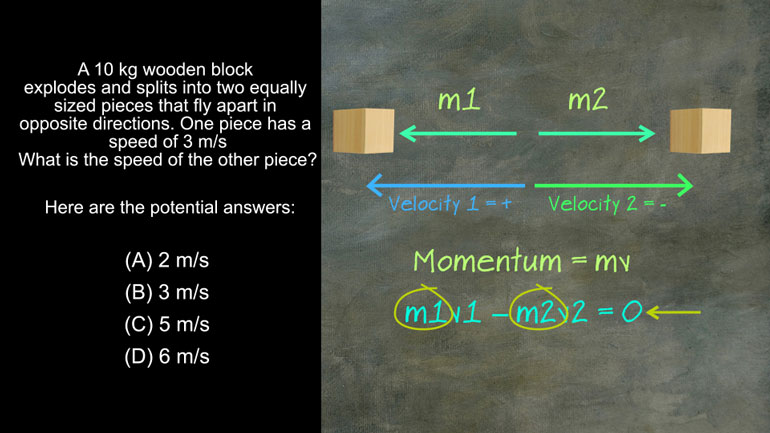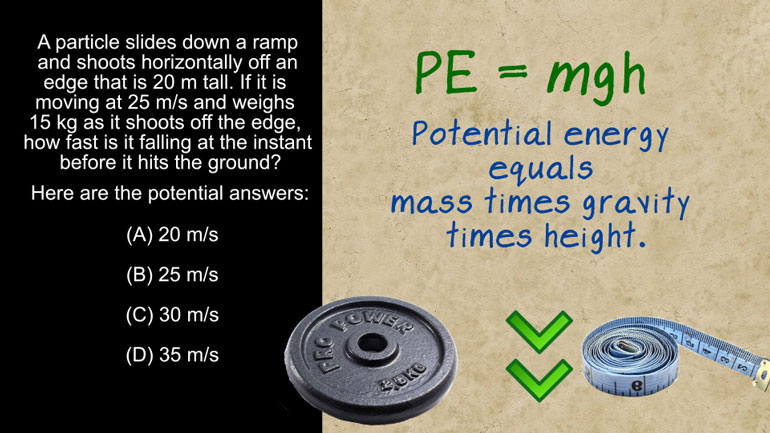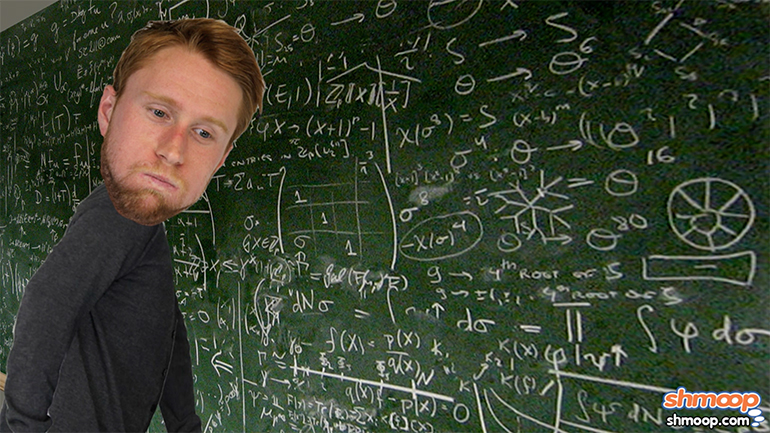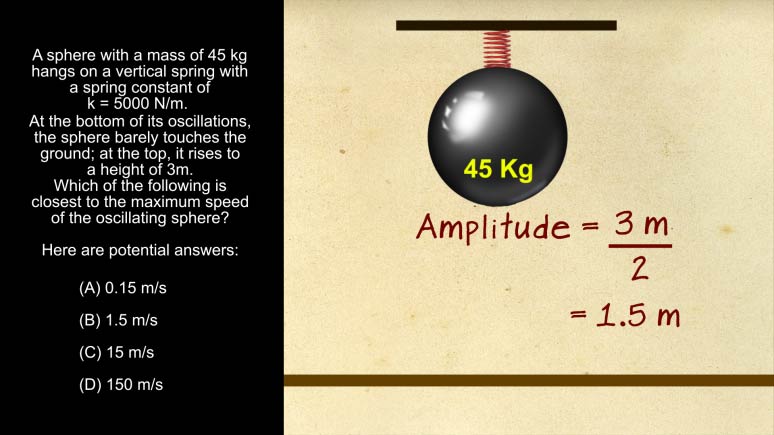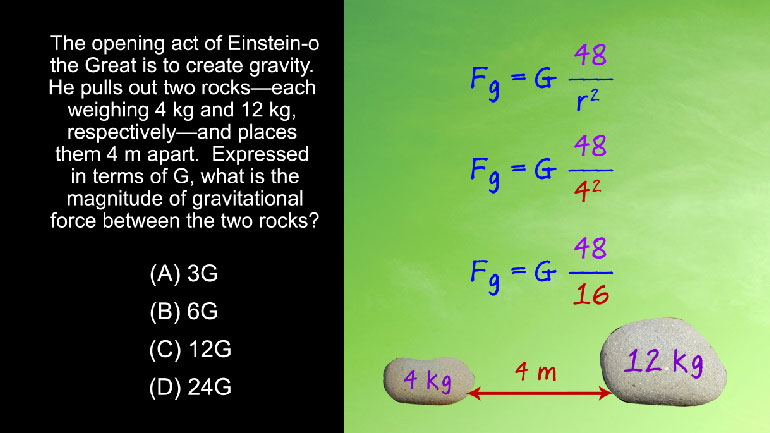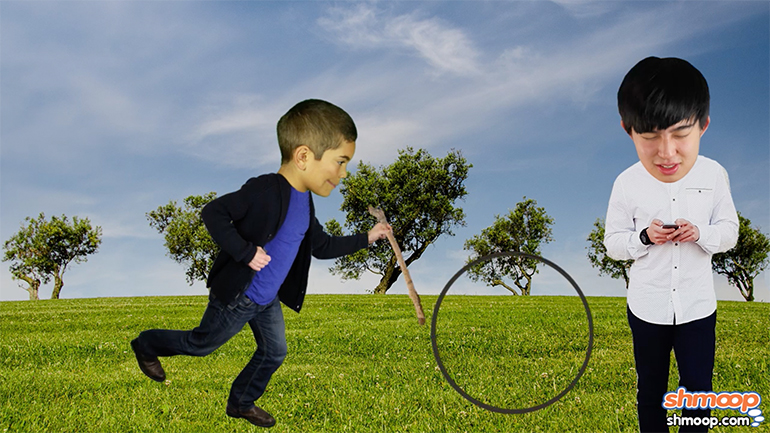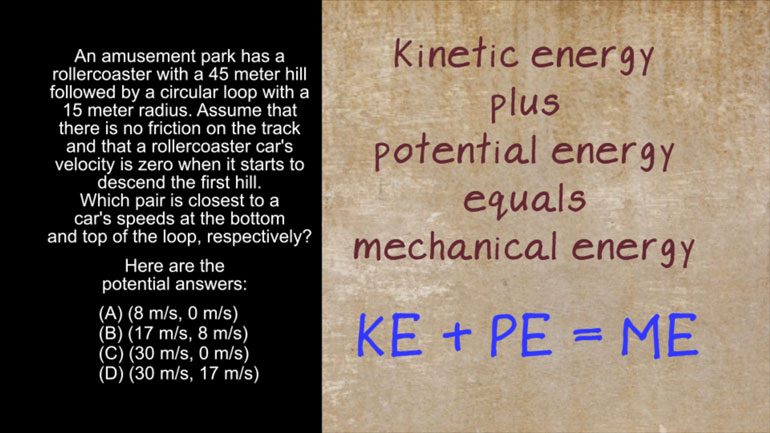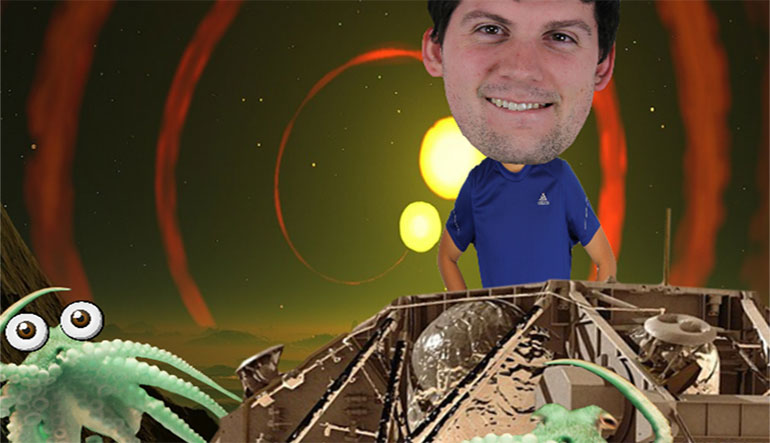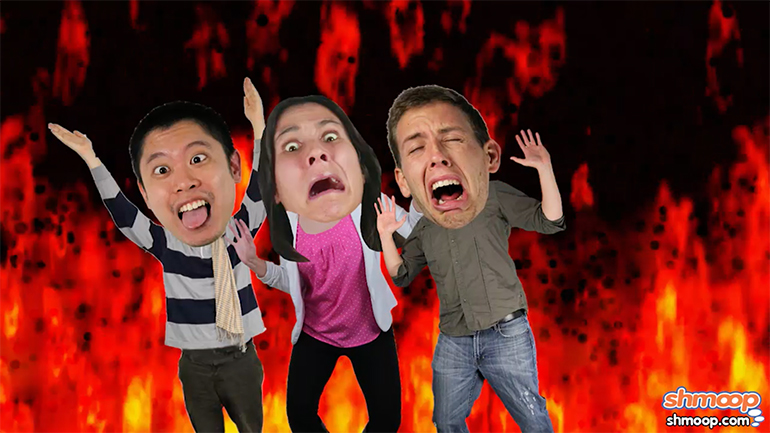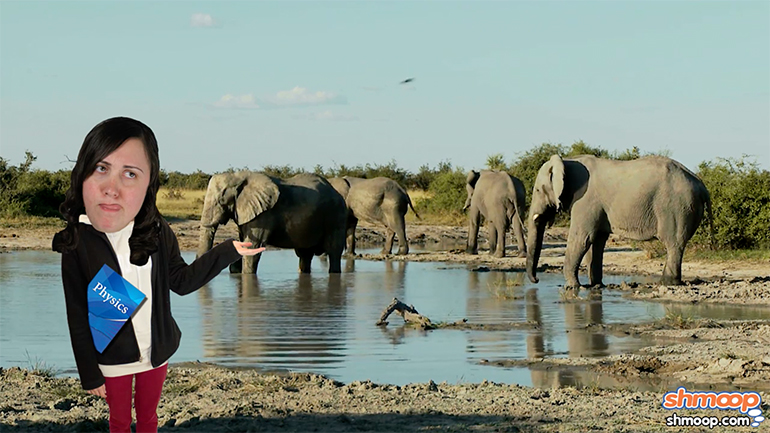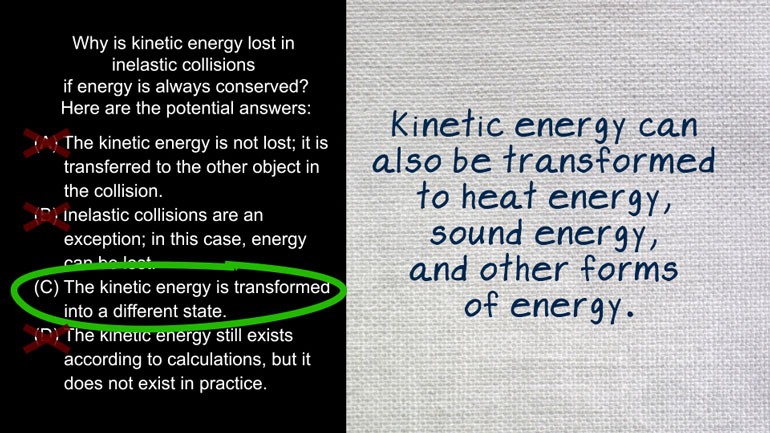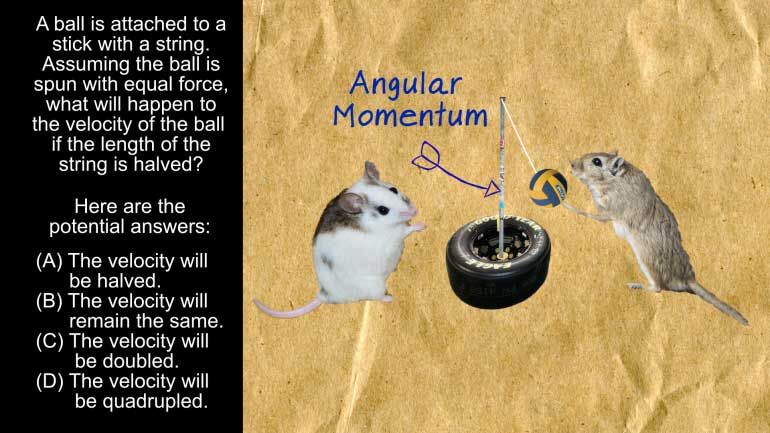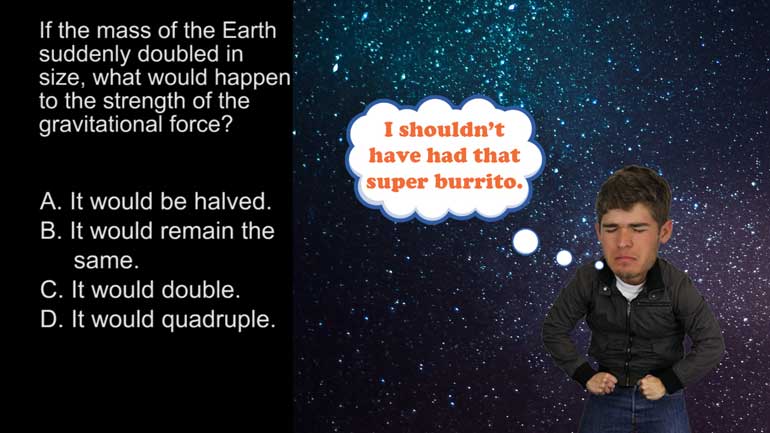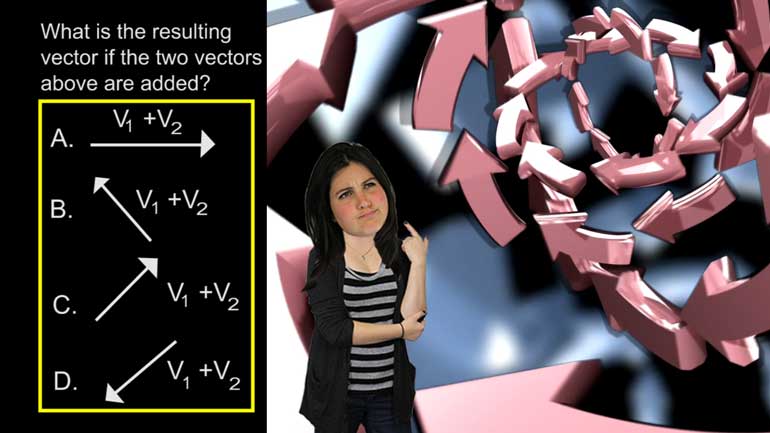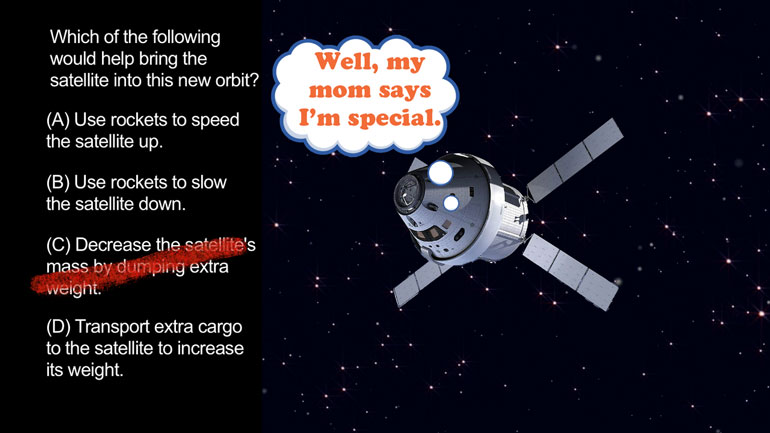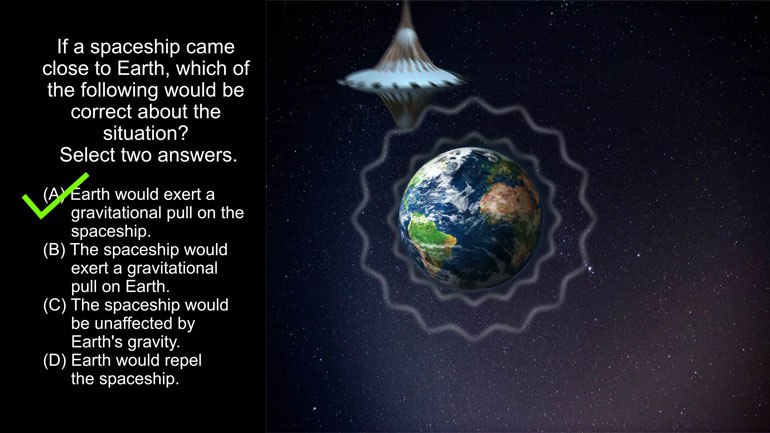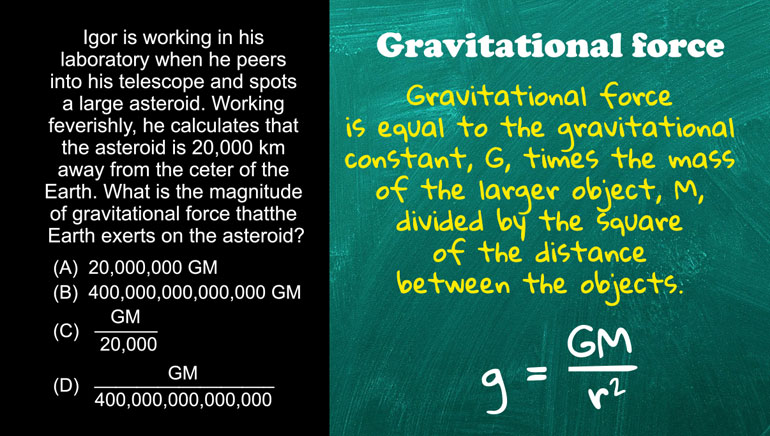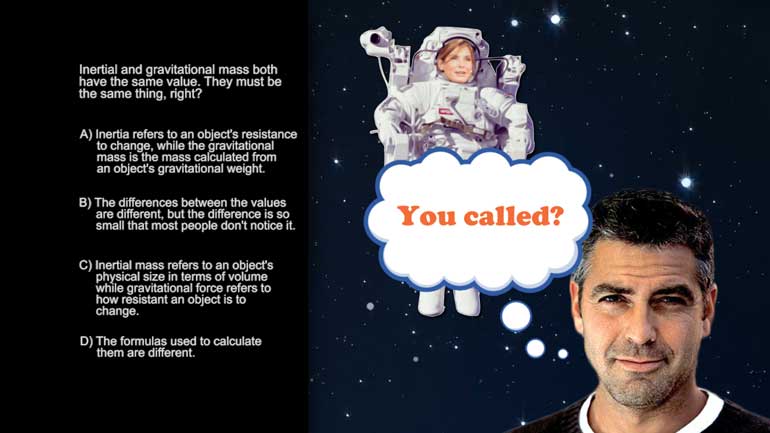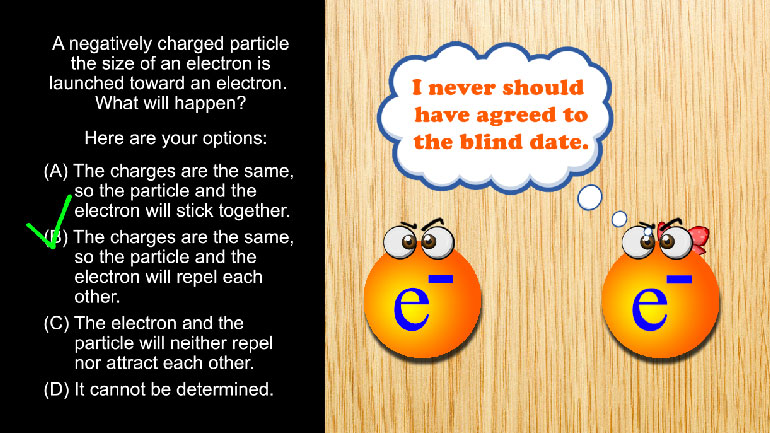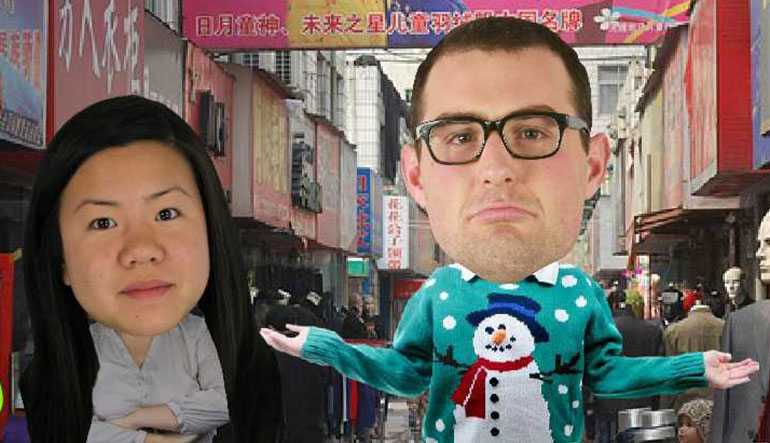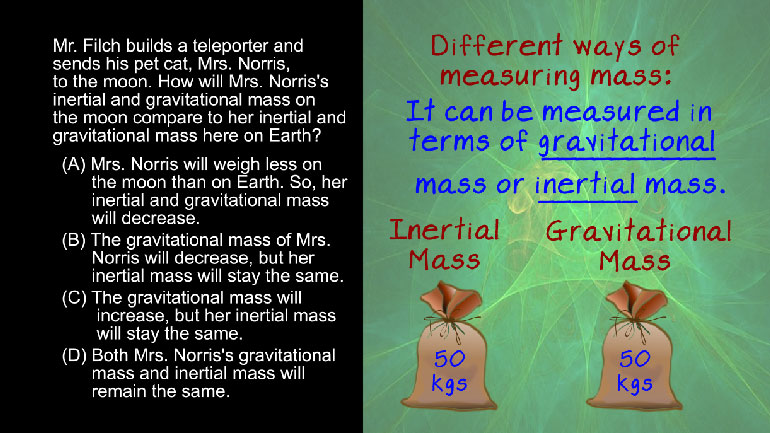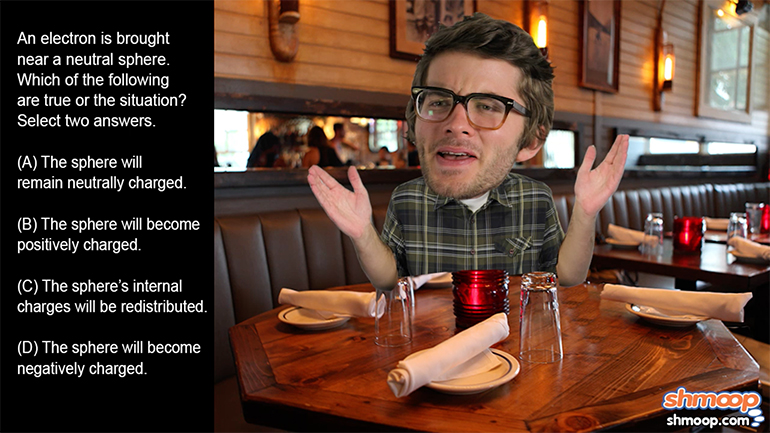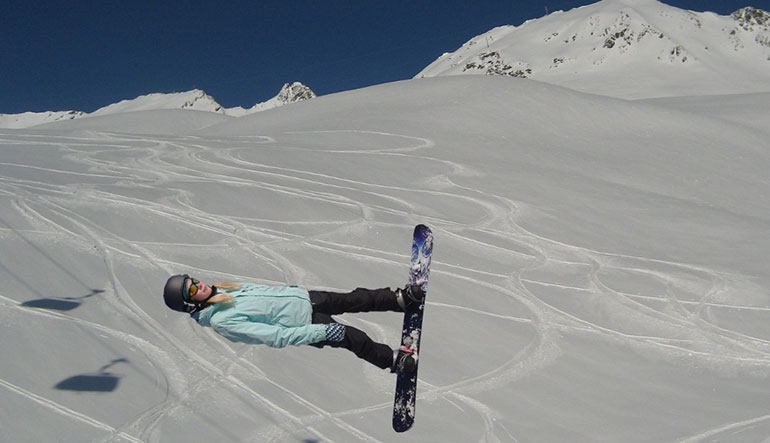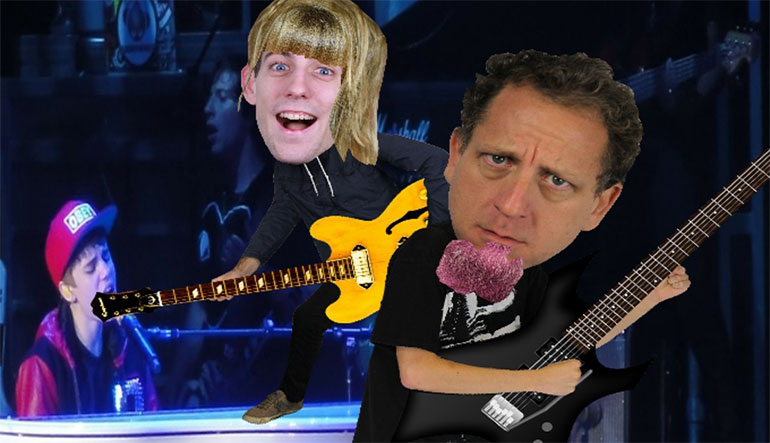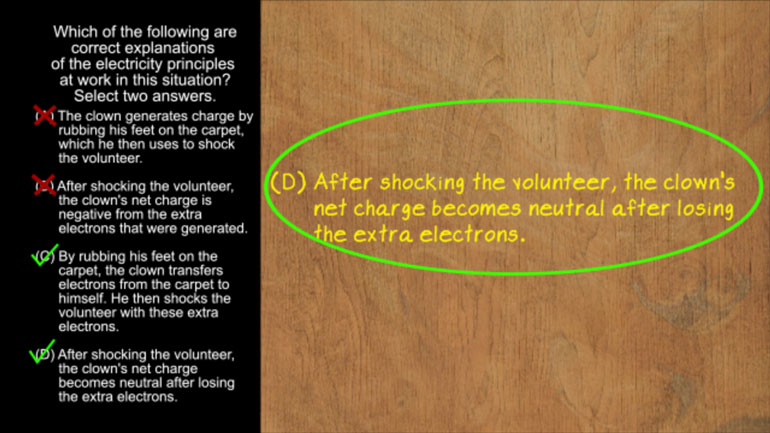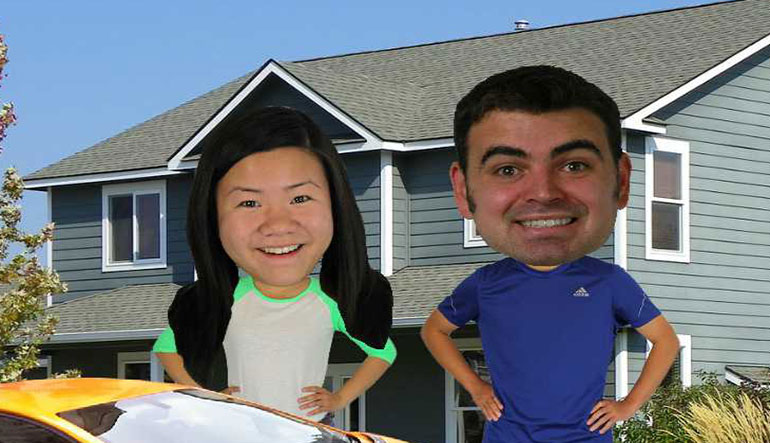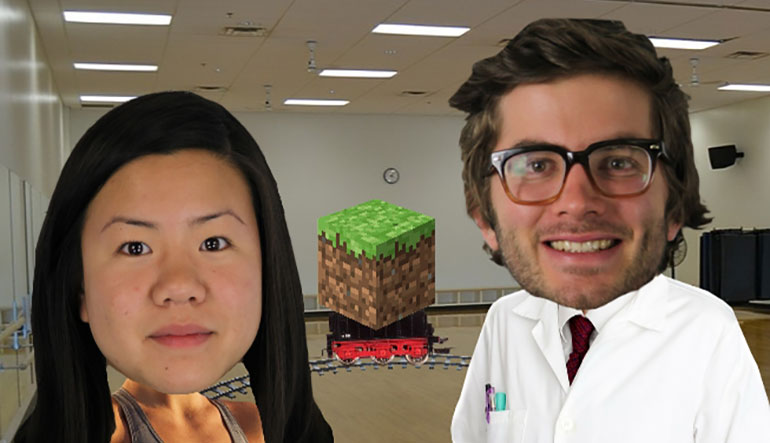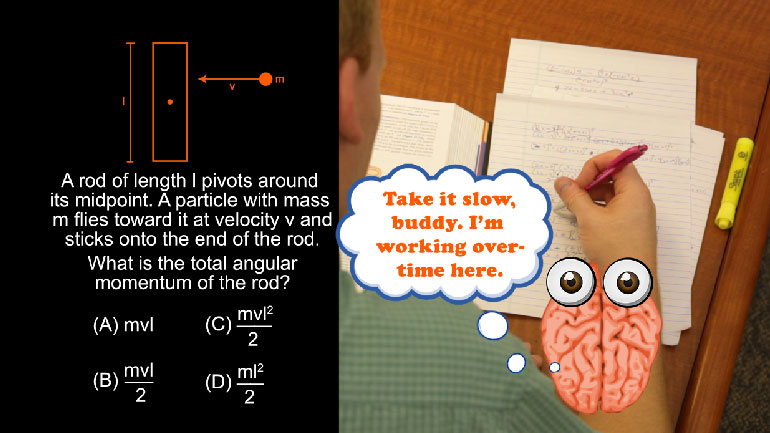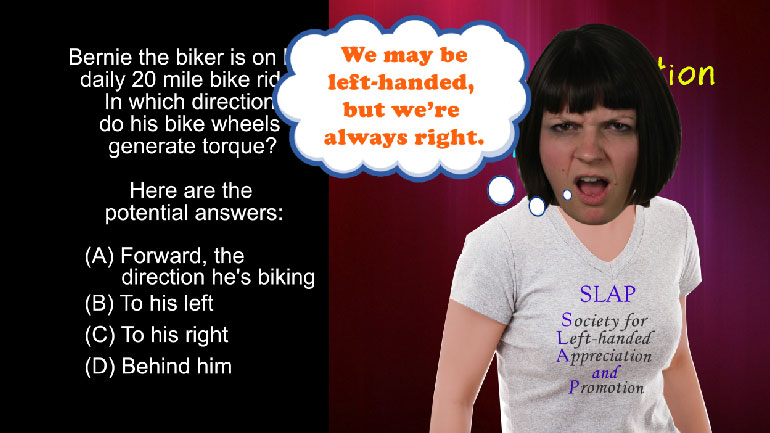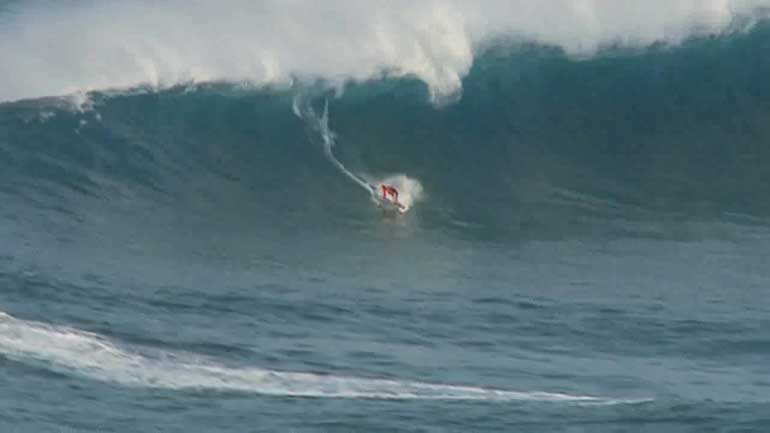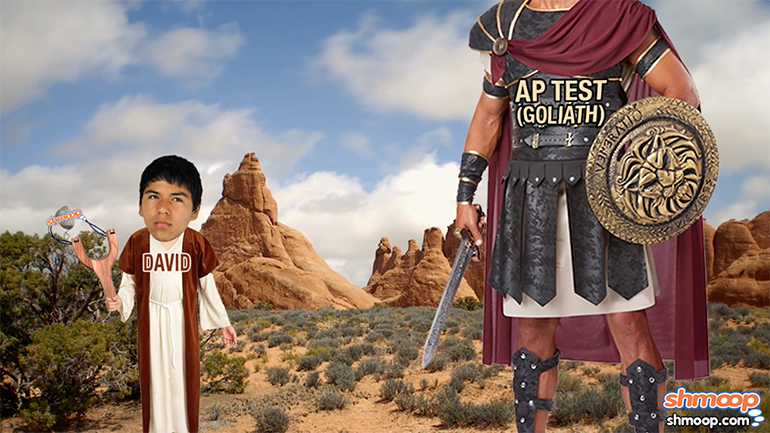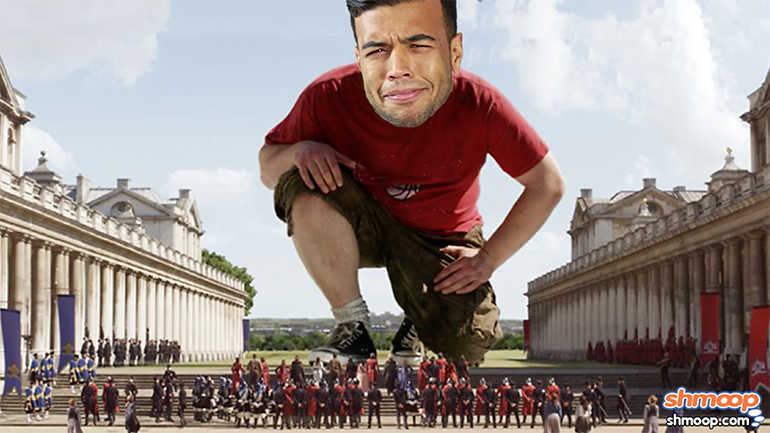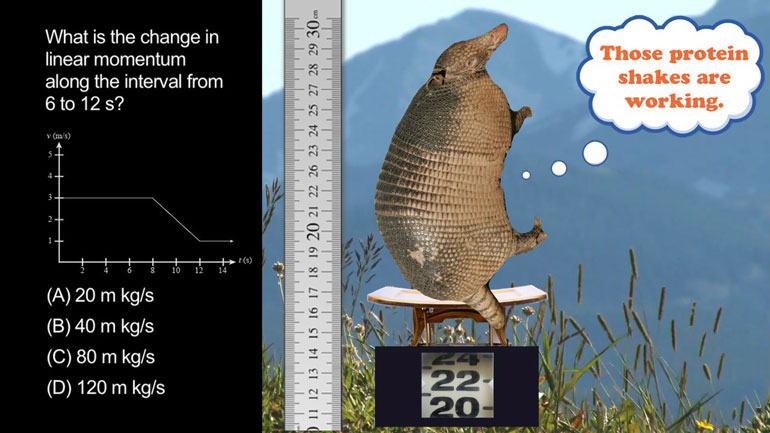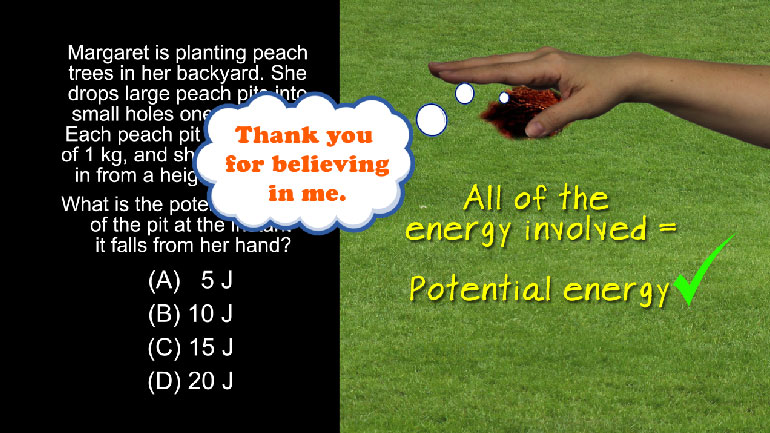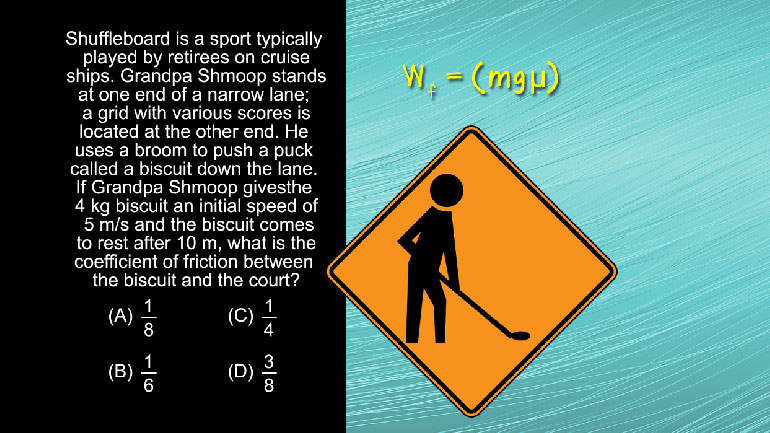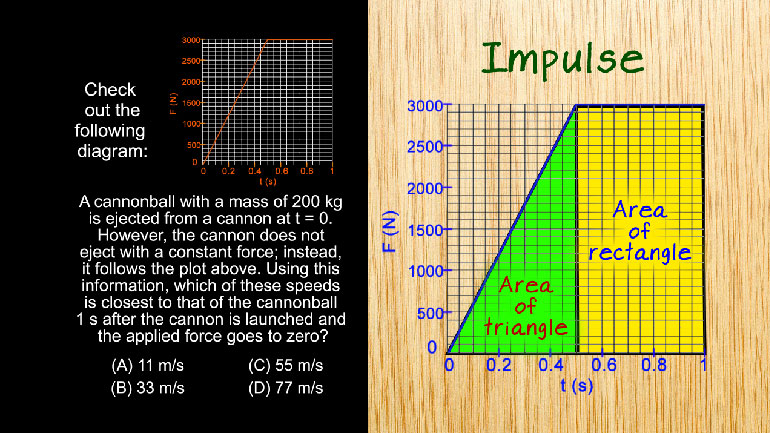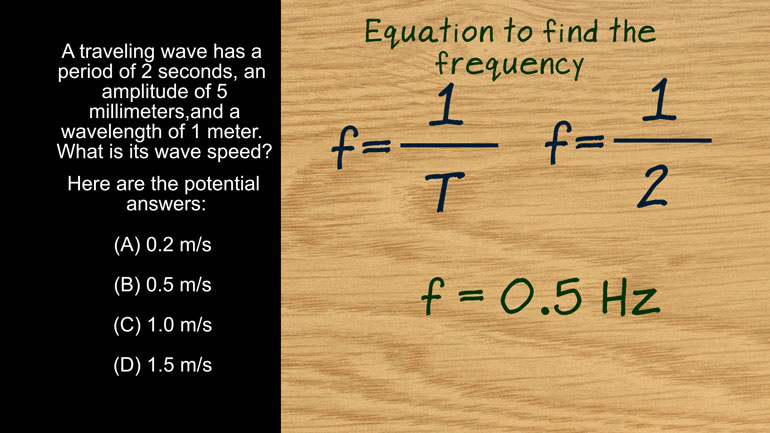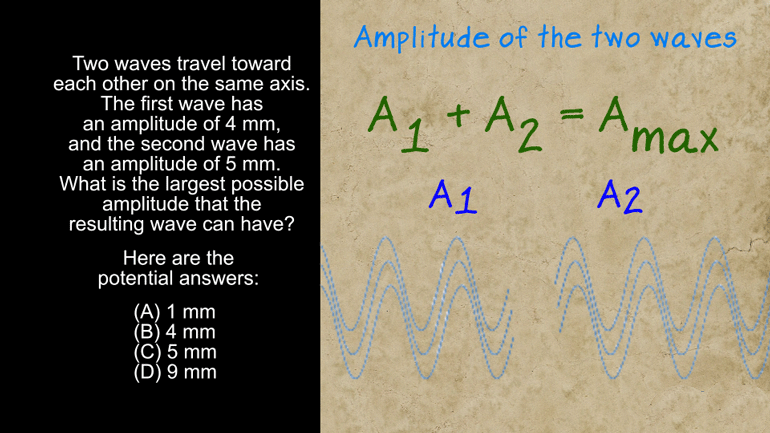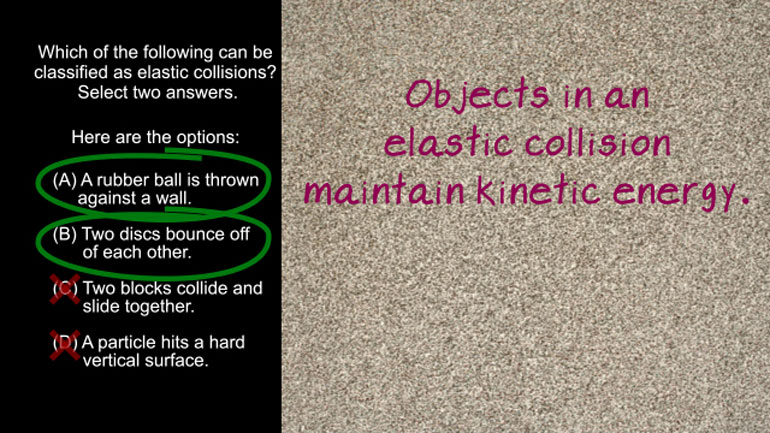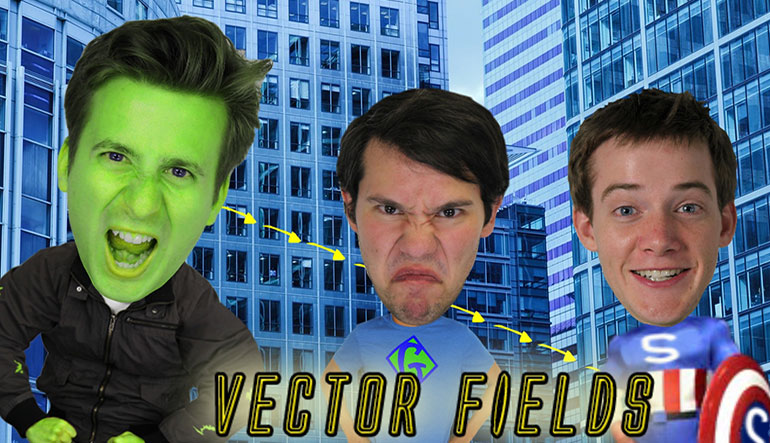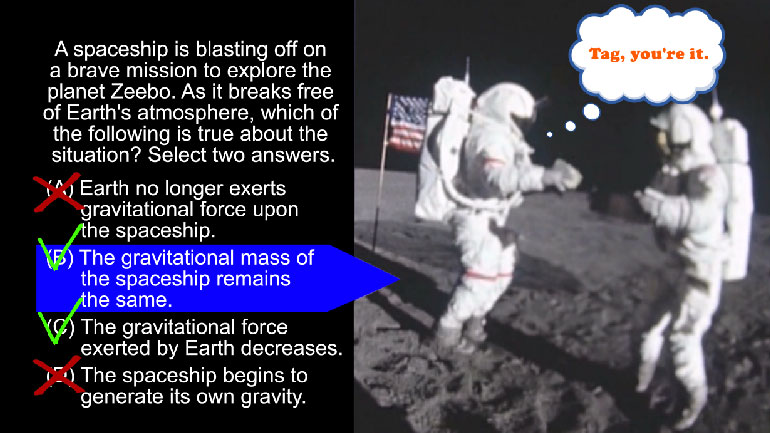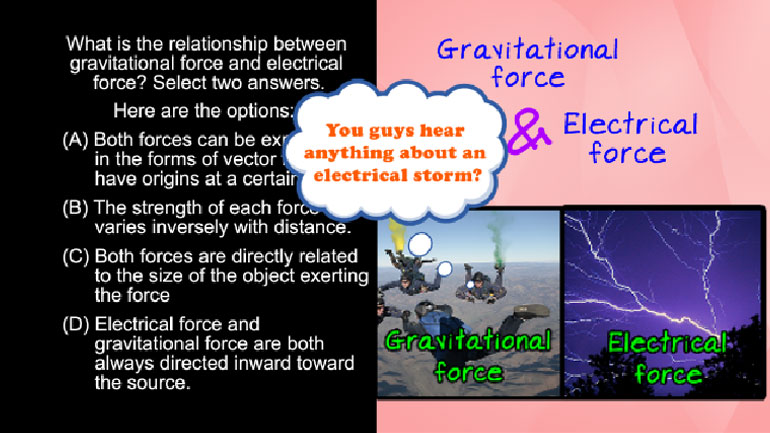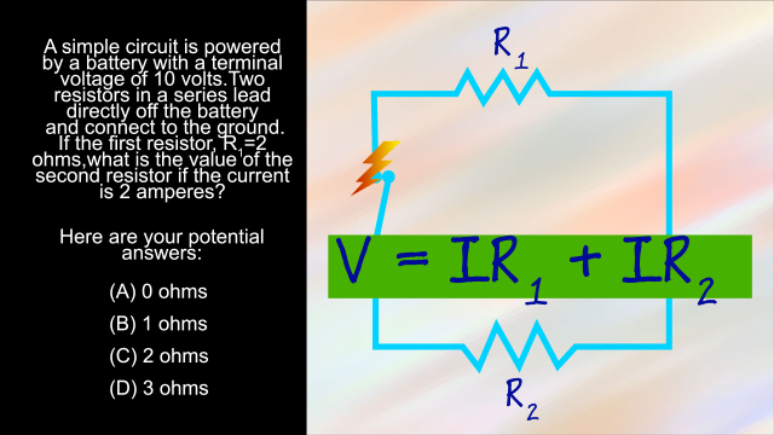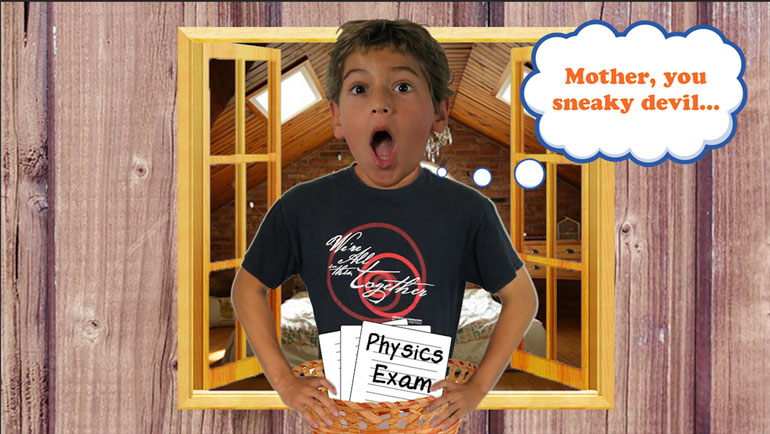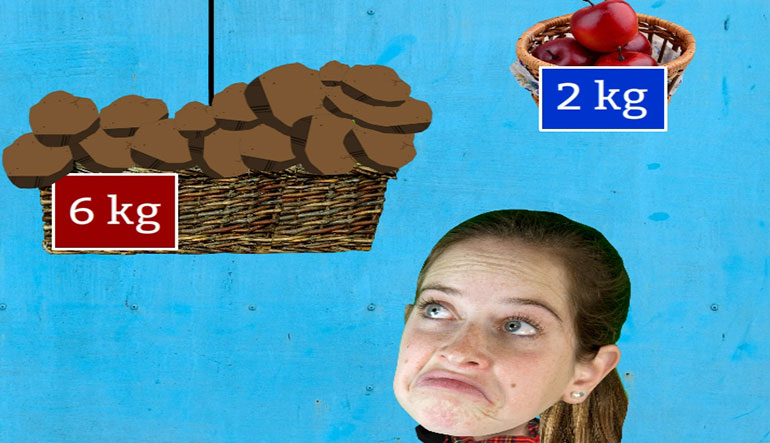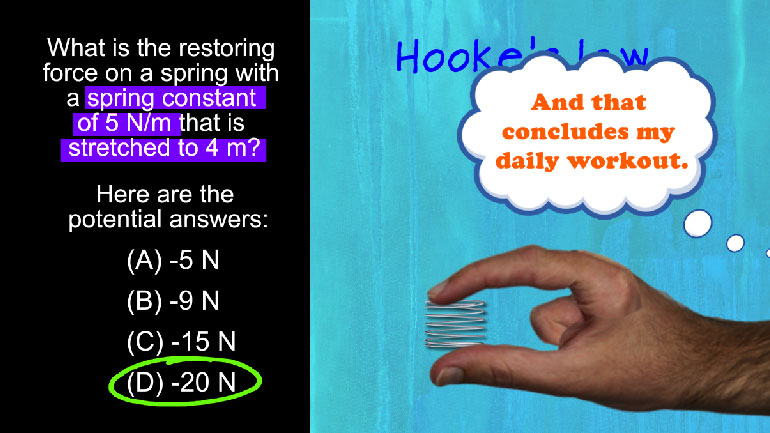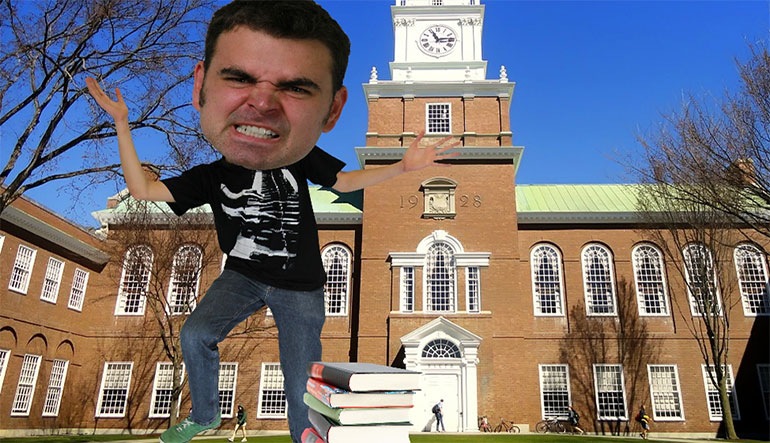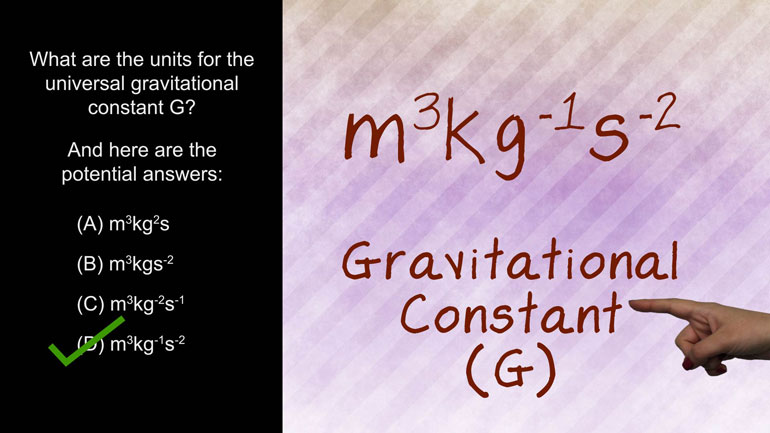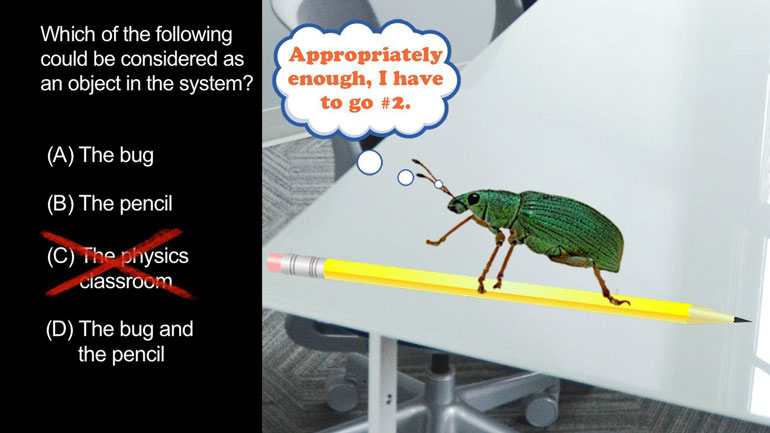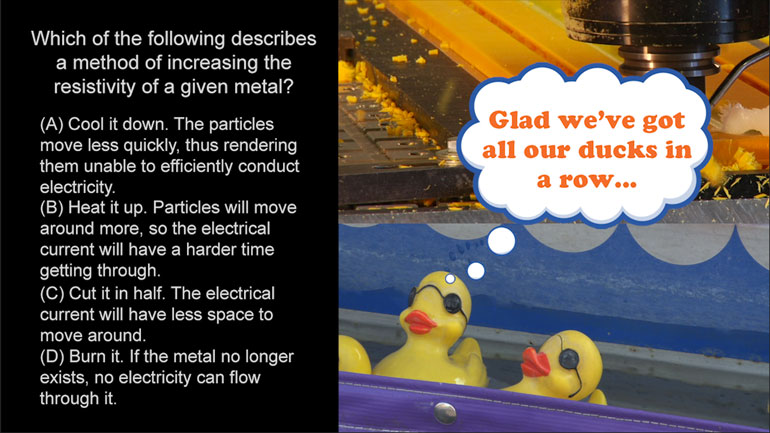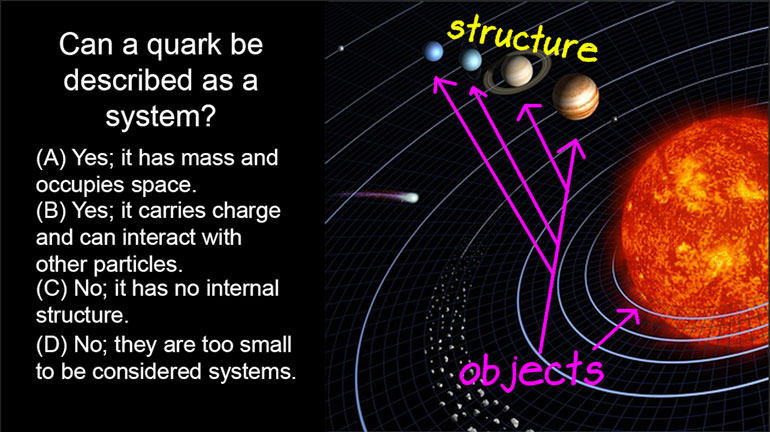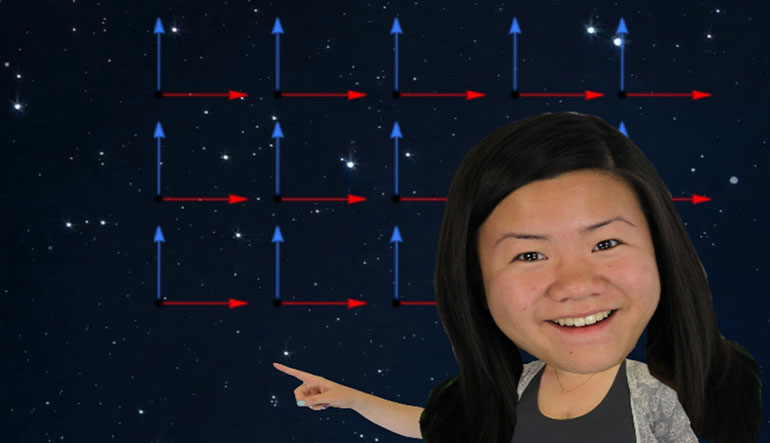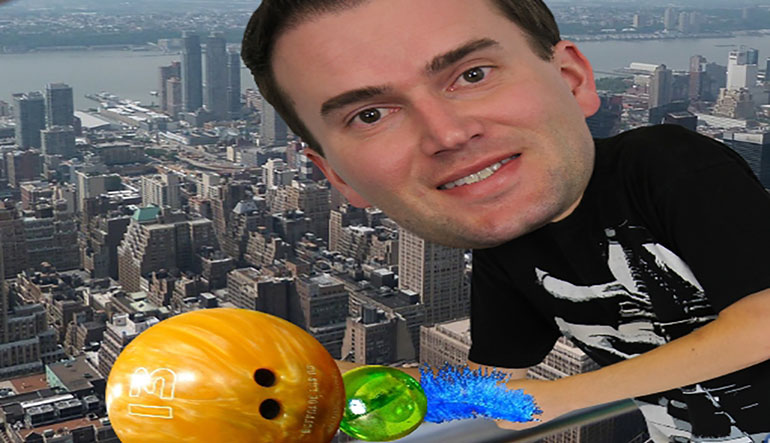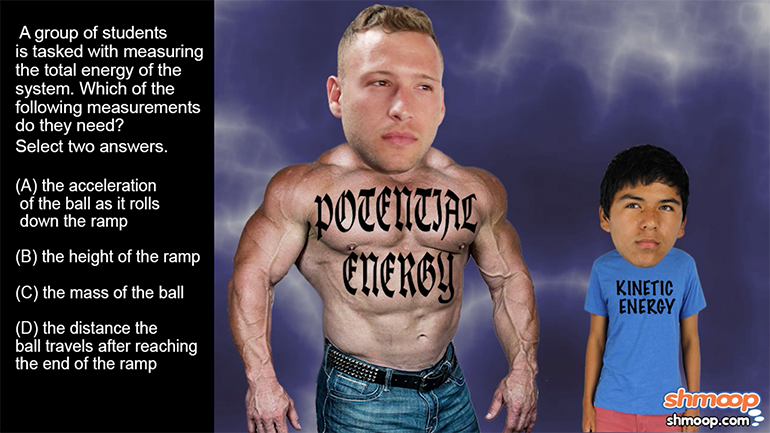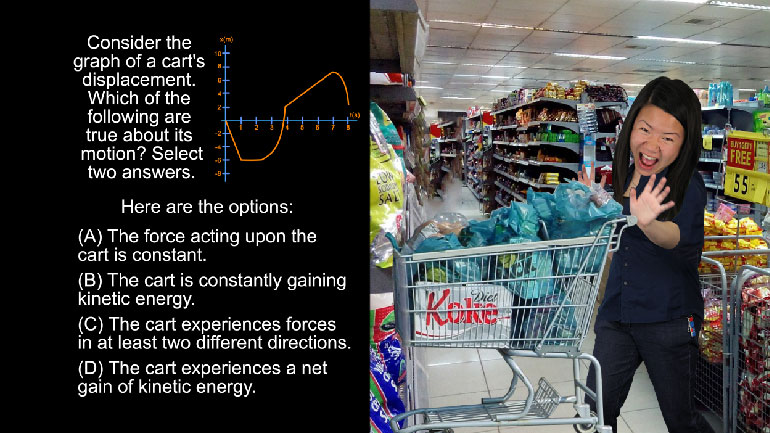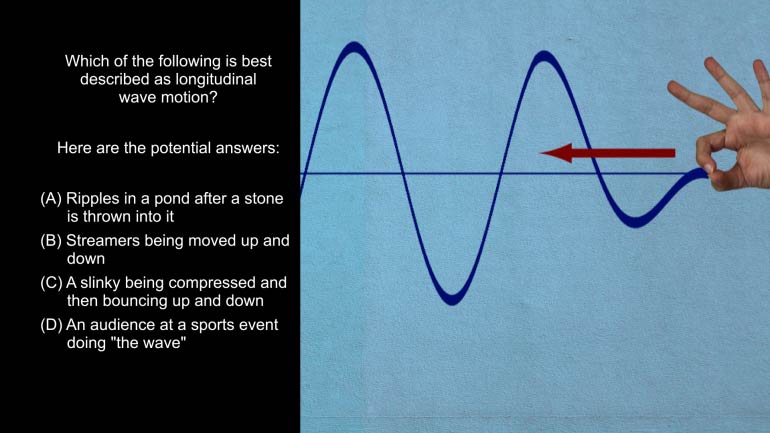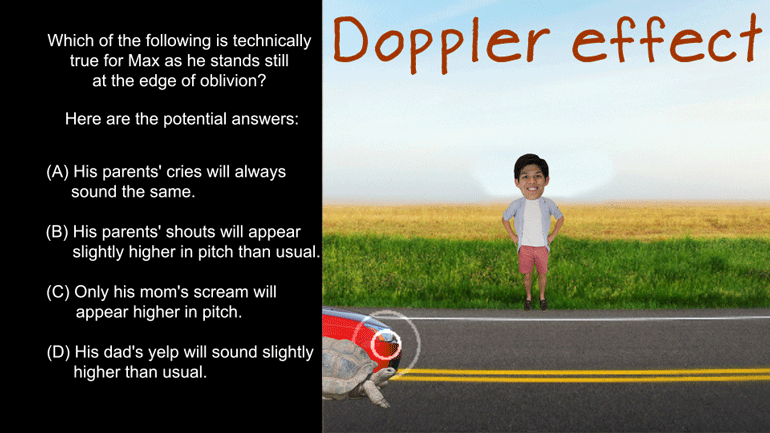ShmoopTube
Where Monty Python meets your 10th grade teacher.
Search Thousands of Shmoop Videos
AP Physics 1 Videos 69 videos
AP Physics 1: 3.3 Changes and Conservation Laws. What is the difference in work done?
AP Physics 1: 3.5 Changes and Conservation Laws. Which of the following would increase the rate at which the plate spins?
AP Physics 1: 2.4 Changes and Conservation Laws. Which of the following circuits should the students use?
AP Physics 1: 1.1 Properties of Objects and Systems 327 Views
Share It!
Description:
AP Physics 1: Properties of Objects and Systems Drill 1, Problem 1. Which of the following could be considered as an object in the system?
Transcript
- 00:00
Thank you We sneak and here's your shmoop du jour
- 00:05
brought to you by systems there's the digestive system the
- 00:09
immune system the wait what's that well is it the
- 00:13
ap Physics not biology boy All right a bug is
- 00:19
sitting on a pencil Ah physics teacher then picks up
Full Transcript
- 00:22
the pencil Which of the following could be considered as
- 00:25
an object in the system and hear the potential answer
- 00:29
Is that a bug a pencil physic classroom bug and
- 00:31
a pencil All right well first of all what do
- 00:34
we even mean by system Well in physics a system
- 00:37
is a collection of objects his properties influence the motion
- 00:40
of things inside the system that might be a little
- 00:43
confusing So let's think about it in terms of this
- 00:45
situation we've got the teacher we've got the bug and
- 00:49
we've got the pencil All of this is happening in
- 00:52
a classroom However the classroom isn't influencing anything in this
- 00:57
situation So it's not part of our particular system which
- 01:00
means we can eliminate option c now the bug crawls
- 01:03
on the pencil and just sits there It's not trying
- 01:05
to move the pencil it's not flapping its little bug
- 01:08
wings to try and lift the pencil up We'll sure
- 01:10
it added weight to the pencil when it first crawled
- 01:12
on But now it's just chilling if the teacher was
- 01:14
using one hand to lift The bug and the other
- 01:17
lift the pencil Well then we'd have three objects in
- 01:20
the system Teacher the bug in the pencil But in
- 01:23
our question when the teacher picks up the pencil with
- 01:25
the bug sitting on it she's not acting on the
- 01:27
two things independently she picks both of them up is
- 01:31
if there were one object which in this system they
- 01:33
are i think of it as bug insult or pencil
- 01:37
lug so option d is the correct answer In this
- 01:41
system we have two objects the teacher and the pencil
- 01:44
bug combo answers a nd while technically correct just aren't
- 01:47
complete enough If you're still thrown off consider this let's
- 01:51
Say you have a brand new baby cousin she's tiny
- 01:53
weighing in at exactly ten pounds Being a nice older
- 01:56
cousin you volunteer for feeding duty and give the kiddo
- 02:00
four ounces of formula after she finishes her lunch You
- 02:03
wouldn't say you have a ten pound cousin with four
- 02:06
ounces of food inside of her You have a baby
- 02:08
that weighs ten pounds four ounces An object in the
- 02:11
system is the thing that is doing the influencing or
- 02:14
the thing that is being influenced an object isn't every
- 02:17
little part that makes up a thing After all pretty
- 02:19
much everything could be broken down into smaller components You
- 02:22
know now that we think about it there's a lot
- 02:24
of physics going on in the body systems too Just 00:02:27.2 --> [endTime] ask the skeletal system
Related Videos
AP Physics 1: 2.5 Changes and Conservation Law. At what point(s) in this situation is energy lost in any form?
AP Physics 1: 1.4 Waves. Which of the following is technically true for Max as he stands at the edge of oblivion?
AP Physics 1: 1.4 Changes and Conservation Laws. Find the current across R2.
AP Physics 1: 2.4 Changes and Conservation Laws. Which of the following circuits should the students use?
AP Physics 1: 1.5 Waves. What can possibly occur when the two waves reach each other?
